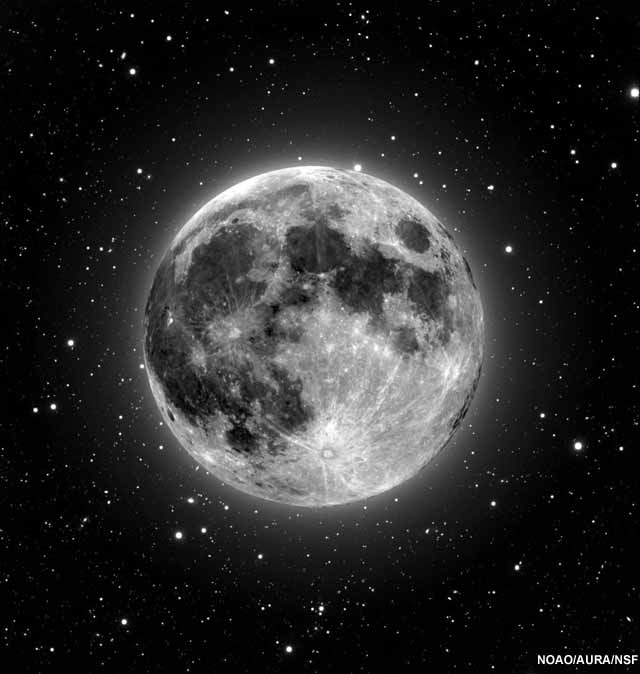
Space is vast, and filled with weird and wonderful things. Some of the bizarre inhabitants and phenomena of our Universe are more astounding than even the most extreme. This selection of some of the most mind-boggling facts about our cosmos takes a bite-sized look at our intriguing planet, Moon, Solar System, Galaxy and Universe.
The Moon is lemon-shaped
Despite its appearance in the night sky, our natural satellite is nowhere near round. In fact, the Moon is shaped like a lemon, with flattened poles and bulges on both the near and far side around its equator. This strange shape is thought to have been created during interactions with Earth soon after its formation.
twice as long as a year
Technically, one Mercurian day lasts 59 Earth days, while a year lasts 88. However, due to Mercury’s very eccentric orbit and alignment with the Sun, the length of time from sunrise to sunrise, known as a ‘solar day’, is equal to 176 Earth days — twice as long as a Mercurian year.
stars CANNOT BE SEEN EVER
The expansion of the Universe is accelerating. As regions of space are whizzing away from one another at an ever-increasing rate, the first population of stars to form are now too far away for us to ever hope of spying them .
The Sun loses a billion kilos per second
Particles in the Sun’s upper atmosphere are so hot and energetic that they speed out into space as part of the solar wind. Our star sheds around 1.3 trillion trilliontrillion particles every second. This equates to roughly one billion kilograms of matter per second, or one Earth every 185 million years.
Planets can wander through space
Not all planets form and stay around stars: astronomers estimate that there could be more than 200 billion of them floating free and drifting through our Galaxy. These ‘rogue’ planets were thought to have been kicked out of their home systems. While this is true for some, other planets may have formed completely independently of an accretion disk (as was the case for our Solar System) instead forming from the collapse of tiny, cold clouds.















